Behind every AI breakthrough at We Think AI (WTA) is a team of world-class engineers who transform bold ideas into enterprise-grade solutions that scale globally. As WTA expands its Global Capability Centers (GCCs), AI engineers have become the actual heartbeat of innovation powering everything from rapid prototyping and pilot projects to enterprise deployments that reshape industries. They don't just work with algorithms; they design, build, and integrate entire ecosystems that generate measurable business outcomes. This blog takes you inside WTA's GCCs to reveal the people, skills, culture, and vision that drive WTA's success, and to highlight why AI engineers are the backbone of WTA's mission to deliver AI responsibly, rapidly, and at scale.
The Role of AI Engineers in WTA’s GCCs
AI engineers at WTA are more than technologists; they are architects of transformation. Their contributions extend across every stage of the AI lifecycle and beyond:
- Model Development: Designing, training, fine-tuning, and optimizing models tailored to industry-specific requirements.
- Data Engineering: Building secure, automated data pipelines that cleanse, normalize, and prepare enterprise data for real-time AI.
- Systems Integration: Embedding AI into legacy platforms, ensuring compatibility, scalability, and compliance.
- Governance & Testing: Embedding fairness, explainability, and quality assurance into every deployment.
- Business Alignment: Partnering with domain experts, compliance teams, and executives to align technical work with business objectives.
- Continuous Optimization: Monitoring production environments, refining algorithms, and enhancing system performance over time.
- Thought Leadership: Leading innovation sprints, mentoring peers, and shaping industry best practices.
These engineers not only deliver technology but also inspire change, making them catalysts for enterprise-wide transformation.
Expertise Areas
The engineers driving WTA’s GCCs bring deep specialization and wide-ranging expertise, enabling them to tackle highly complex projects under ambitious timelines:
- LLM Orchestration & RAG Pipelines: Designing retrieval-augmented generation systems that provide accurate, contextual enterprise responses.
- Multi-Agent Systems: Creating agentic workflows where AI agents collaborate like specialized human teams to solve multi-step problems.
- MLOps & Automation: Implementing CI/CD pipelines, automated testing, and monitoring frameworks for reliable AI delivery.
- Security & Compliance: Embedding privacy, encryption, and audit mechanisms to align with global regulatory standards.
- Domain-Specific AI: Customizing solutions for industries such as finance, healthcare, manufacturing, telecom, and retail.
- Performance Engineering: Optimizing latency, throughput, and scalability for mission-critical enterprise applications.
- Frontier R&D: Experimenting with generative AI, reinforcement learning, and sustainable AI models to stay ahead of the curve.
Culture of Innovation
At the heart of WTA’s GCCs is a culture built on curiosity, collaboration, and speed. Engineers operate under the SPEED framework, a 5-stage methodology designed for accelerated AI delivery:
- Strategy Alignment – Mapping business goals, KPIs, and governance guardrails.
- Platform & Data Foundation – Establishing secure, scalable data and compute infrastructure.
- Experimentation – Running rapid prototypes and proof-of-concepts with stakeholders.
- Enterprise Integration – Embedding AI into client workflows and systems with seamless interoperability.
- Delivery & Scale – Governing solutions in production with monitoring, retraining, and adoption programs.
This framework enables WTA engineers to move from concept to enterprise impact in as little as 90 days, balancing innovation with governance and compliance.
Spotlight on Collaboration
Collaboration is not an abstract value at WTA’s GCCs; it is woven into daily practice:
- Cross-Functional Pods: Engineers partner with designers, product leads, compliance experts, and business strategists.
- Human-in-the-Loop: Analysts and subject matter experts validate AI outputs, ensuring trust and accountability.
- Knowledge Networks: Guilds, hackathons, and workshops foster continuous learning and innovation.
- Mentorship & Growth: Senior engineers mentor juniors, strengthening WTA’s talent pipeline.
- Client Co-Creation: Engineers collaborate directly with clients to co-design solutions, improving adoption and business alignment.
By working together across functions, WTA’s GCC engineers deliver solutions that are technically advanced, business-aligned, and trusted by stakeholders.
Real-World Impact
WTA’s AI engineers have delivered projects with measurable outcomes that transform industries:
- Financial Services: AI-powered compliance systems cut manual workloads by 40% while improving audit readiness.
- Manufacturing: Predictive maintenance platforms reduced downtime by 25%, saving millions in annual costs.
- Customer Experience: Real-time support assistants powered by RAG improved customer satisfaction scores by 30% and reduced resolution times.
- Healthcare: Diagnostic support AI streamlined clinical workflows and reduced administrative overhead.
- Retail: Personalized recommendation engines increased conversions and improved customer loyalty.
- Telecom: Intelligent network optimization systems enhanced efficiency and improved service reliability.
Each case demonstrates how GCC engineers deliver not just technology but also business transformation.
Looking Ahead
As WTA scales globally, the role of AI engineers in its GCCs will only grow in importance. Future priorities include:
- Scaling generative AI applications for enterprise reliability and domain adaptation.
- Expanding multi-agent ecosystems to automate cross-functional, high-stakes workflows.
- Strengthening responsible AI frameworks to lead on ethics, fairness, and compliance.
- Driving sustainable AI by optimizing compute resources and minimizing carbon footprints.
- Establishing global innovation hubs within GCCs to serve as centers for research, experimentation, and training.
- Developing industry accelerators prebuilt toolkits that shorten time-to-value for AI adoption in key verticals.
By focusing on these initiatives, WTA's GCC engineers will continue to help enterprises not only adopt AI but also embed it as a lasting competitive advantage.
Conclusion
The AI engineers at WTA’s GCCs represent the future of enterprise AI delivery. By combining deep technical expertise, vertical-specific knowledge, and a culture of collaboration, they empower enterprises to innovate responsibly, securely, and at scale. These engineers are not simply problem-solvers they are trusted partners who design, build, and optimize systems that transform industries. For organizations worldwide, working with WTA’s GCC engineers means gaining access to more than just talent: it means partnering with a complete ecosystem of strategy, governance, and delivery excellence.
Ready to see how WTA’s AI engineers can accelerate your AI journey? Explore WTA’s GCC capabilities and connect with the teams who turn ambitious ideas into transformative, enterprise-ready solutions.

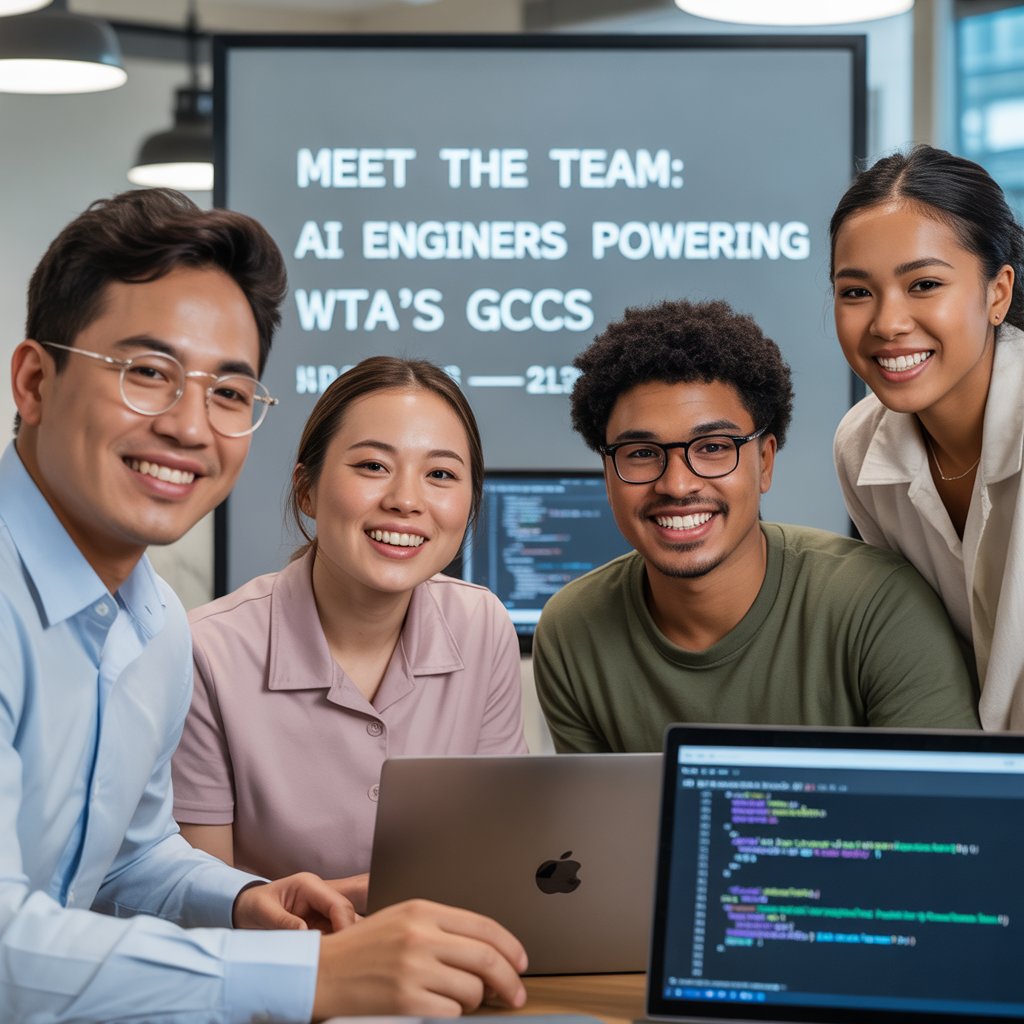

.svg)
.svg)
.svg)
.svg)
.svg)
.png)


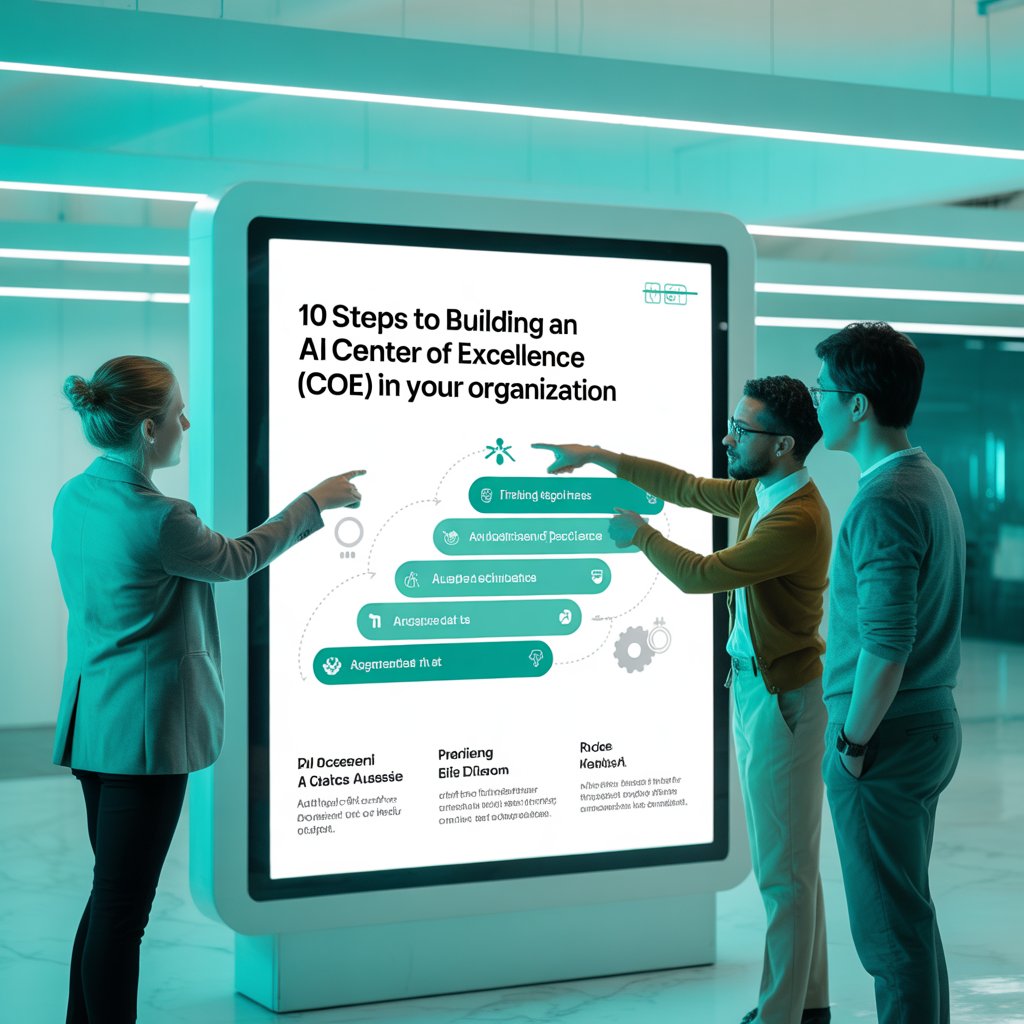

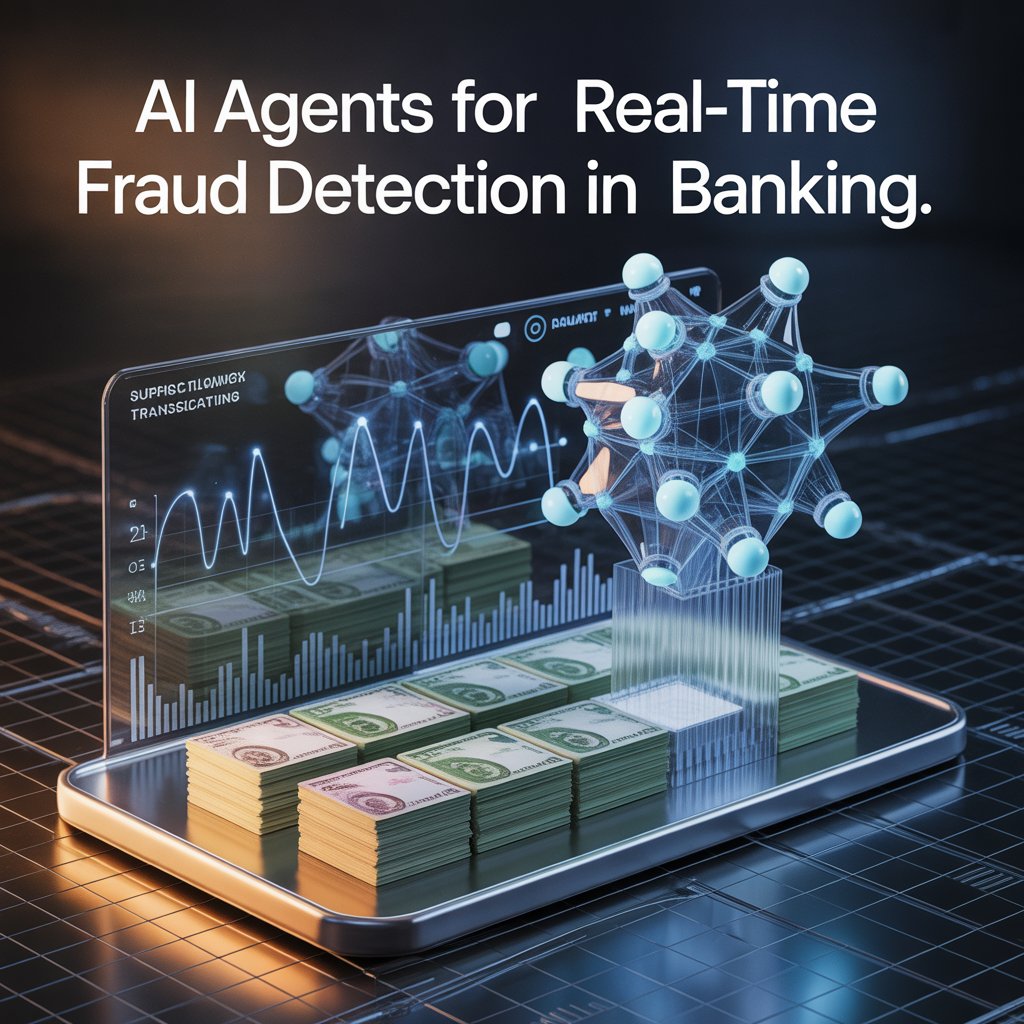
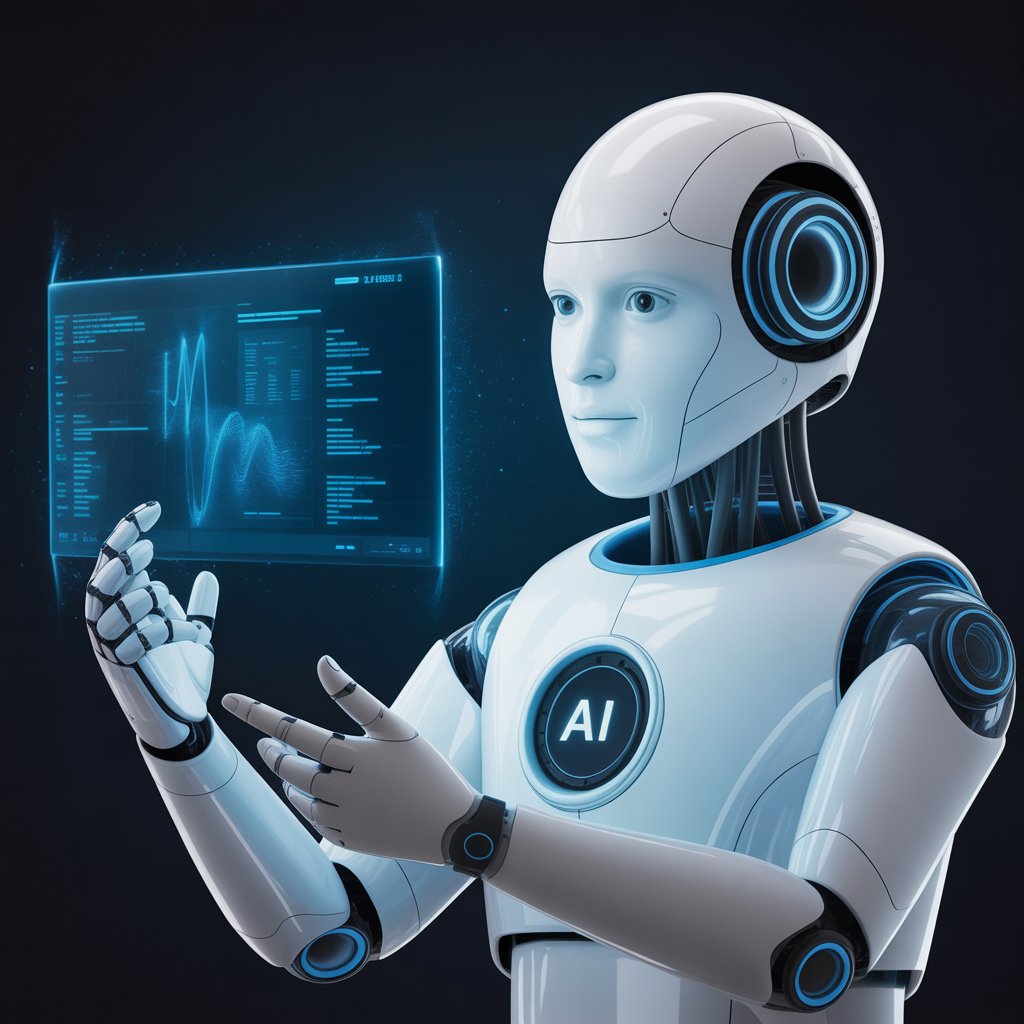
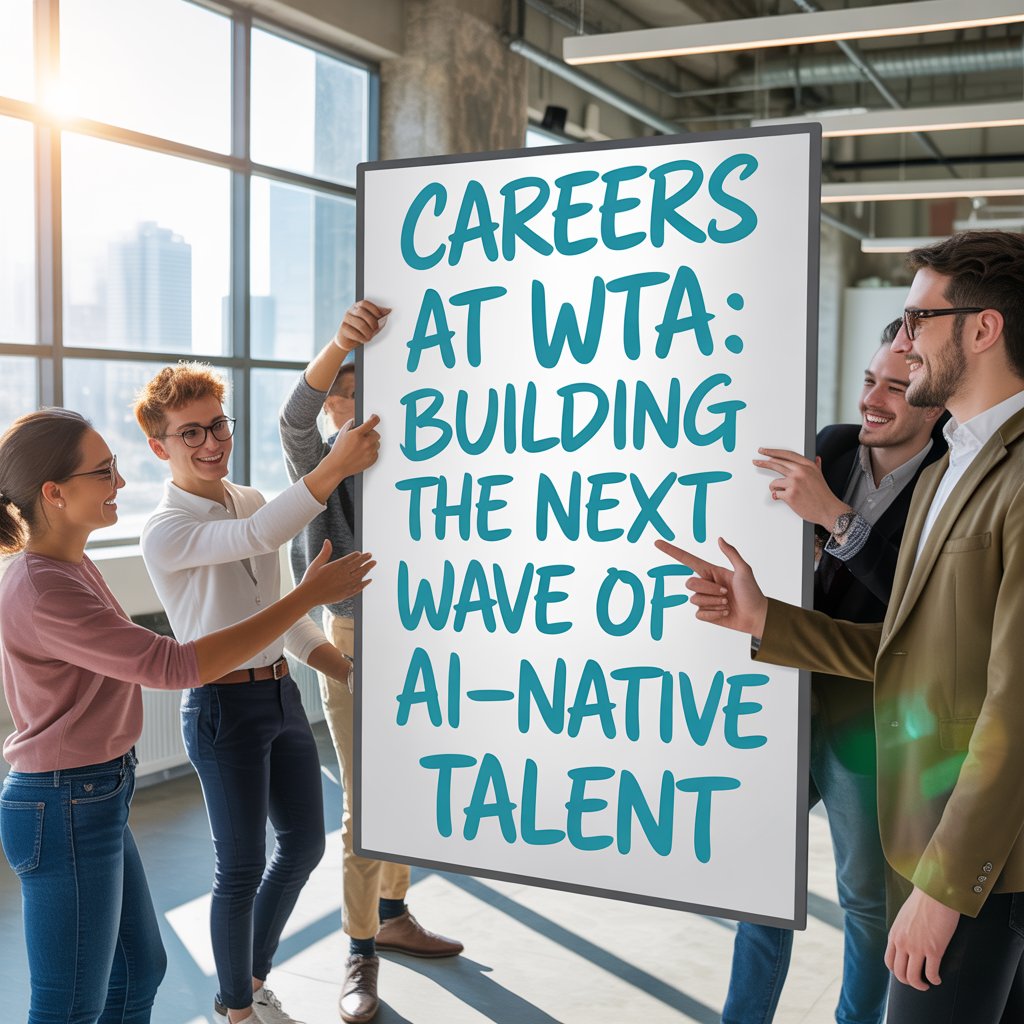
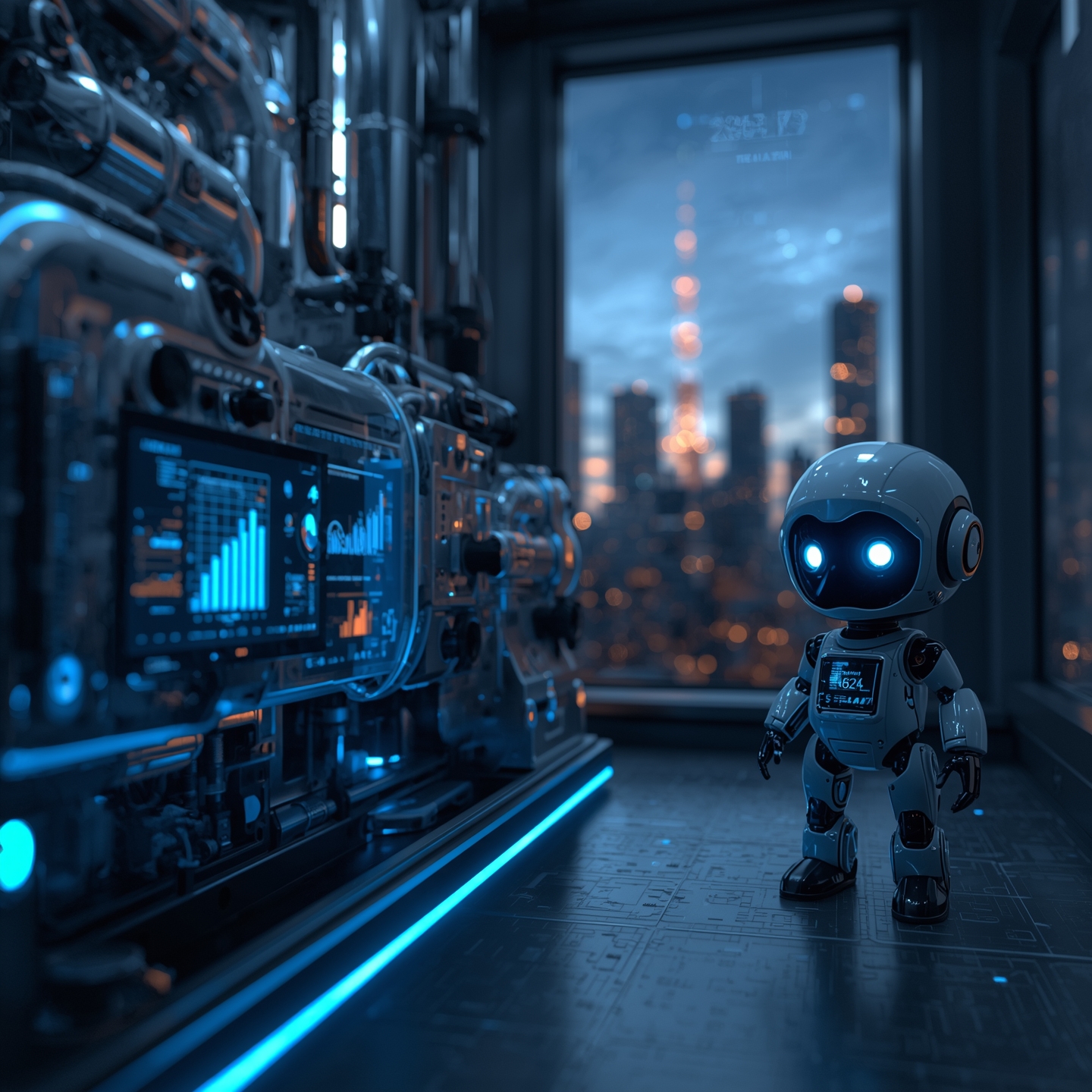
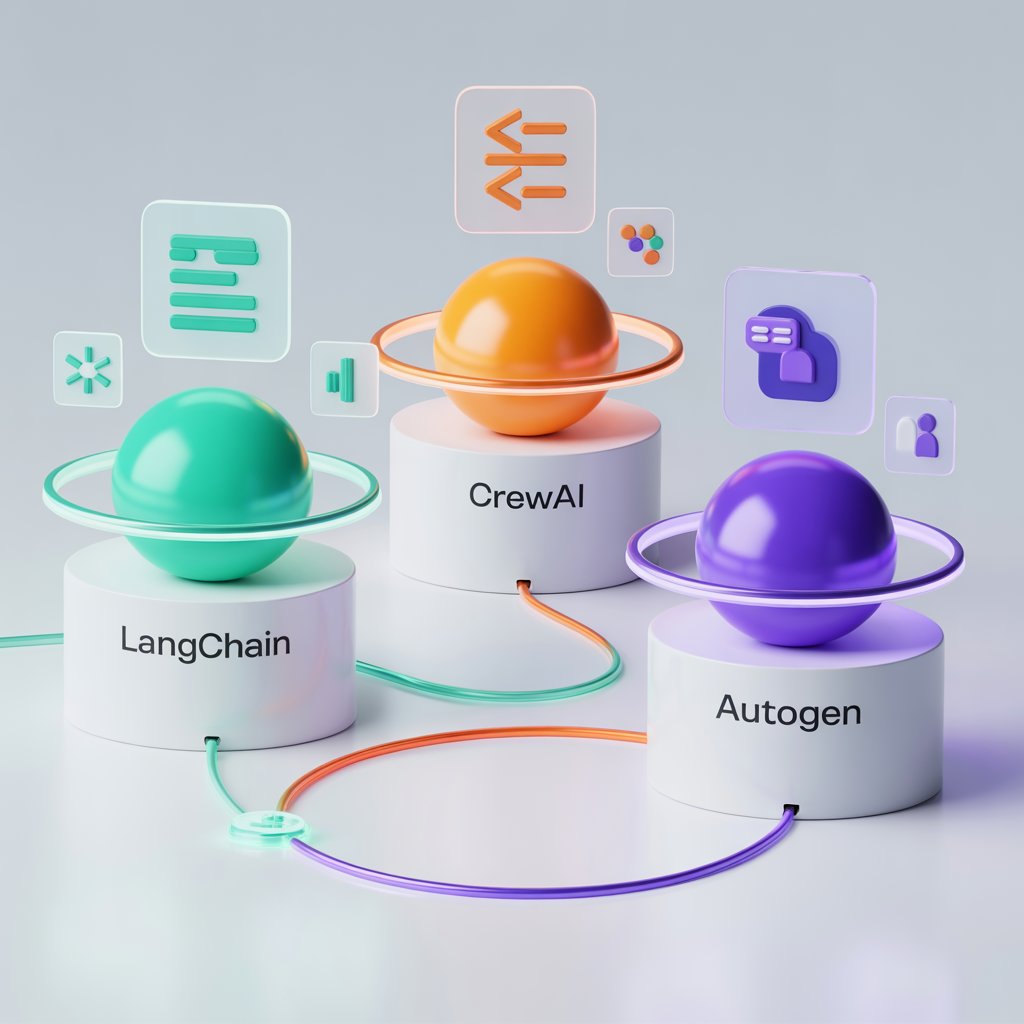





.png)